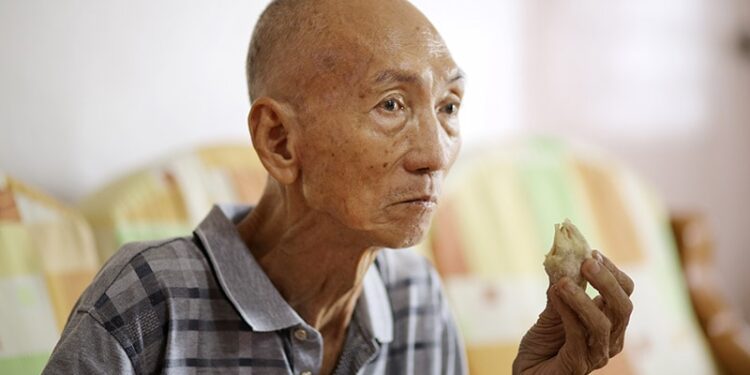Primary care clinicians are not screening older adults for malnutrition, largely due to an overreliance on outdated diagnostic measures like body mass index (BMI), according to a new study presented at the American Geriatrics Society (AGS) 2025 Annual Scientific Meeting in Chicago.
Researchers at Stanford Health in San Jose, California , analyzed the medical records from 159 visits at a geriatric clinic over a 6-month period and found that not a single patient was screened for malnutrition.
Only 4% of patients had a BMI < 18.5, the conventional threshold for flagging possible malnutrition.
But 15.4% of patients (n = 23) met thresholds for further investigation after researchers used a framework for malnutrition identification that combines physical symptoms and underlying health conditions, the Global Leadership Initiative on Malnutrition criteria.
“This research highlights a critical gap in our approach to care of older adults,” said Richard Stefanacci, DO, geriatrician at Thomas Jefferson University in Philadelphia, who was not involved in the study.
Just one patient was referred to a dietitian.
Inaccurate diagnostic coding further masked the extent of the problem, according to the researchers. Clinicians used vague or inaccurate diagnostic codes, such as “abnormal weight loss” or “poor appetite,” without meeting full malnutrition criteria or failing to code malnutrition when criteria were met.
Malnutrition-related codes like frailty or poor appetite appeared in about one quarter of patient records but correctly identified patients who met the diagnostic criteria for malnutrition in 17% of cases.
“Malnutrition isn’t just about being underweight — it’s a complex syndrome that affects multiple health outcomes including mobility, cognitive function, and resilience to illness,” Stefanacci said.
Stefanacci called the underutilization of dietitian referrals “particularly concerning.”
“One of the key takeaways here is that care of older adults is best delivered as a team effort. Involving dietitians more consistently in care isn’t optional — it’s essential,” he said.
The researchers wrote their findings will inform a future quality improvement to increase the use of screening tools and standardizing diagnostic practices for malnutrition in geriatric settings.
Stefanacci said that the findings are a call to action.
“By implementing standardized screening protocols and fostering stronger collaboration with nutrition professionals, we have an opportunity to significantly improve quality of life and health outcomes for our older adults,” he said.
The study authors and Stefanacci reported having no relevant disclosures.
Lara Salahi is a health journalist based in Boston.
Source link : https://www.medscape.com/viewarticle/study-finds-gaps-malnutrition-diagnosis-older-adults-primary-2025a1000com?src=rss
Author :
Publish date : 2025-05-20 10:52:00
Copyright for syndicated content belongs to the linked Source.














